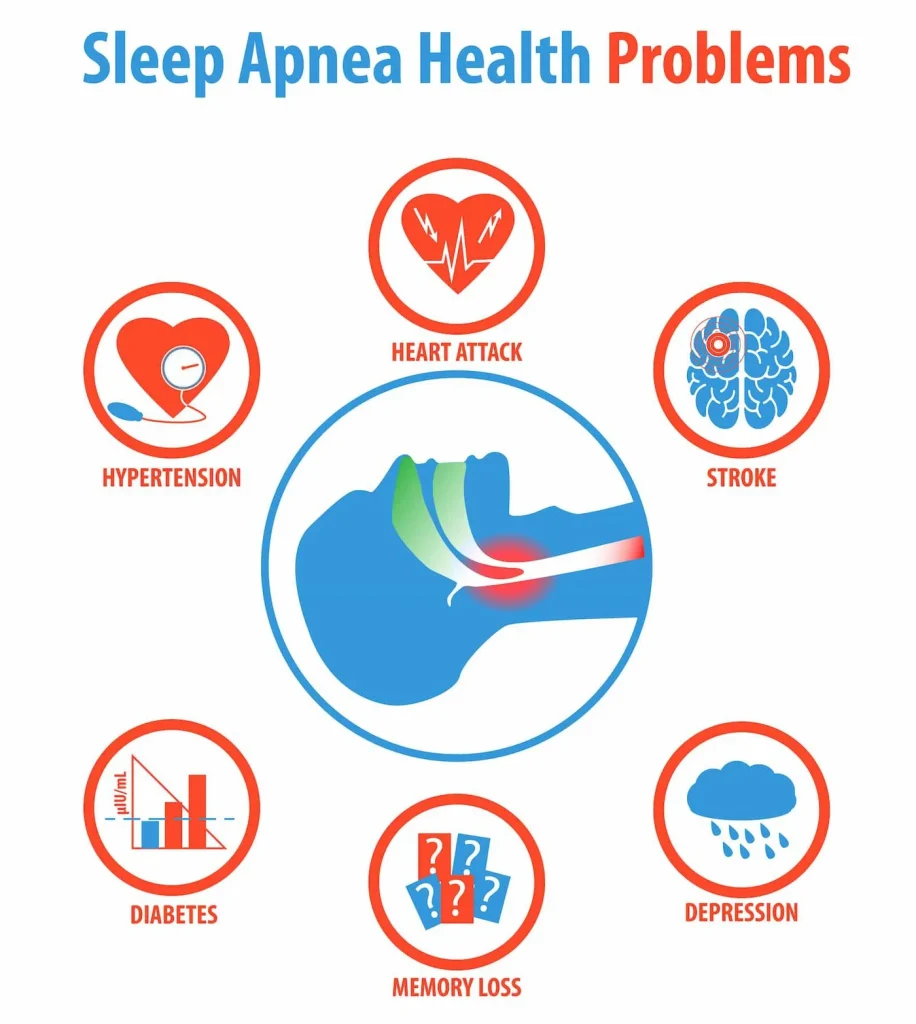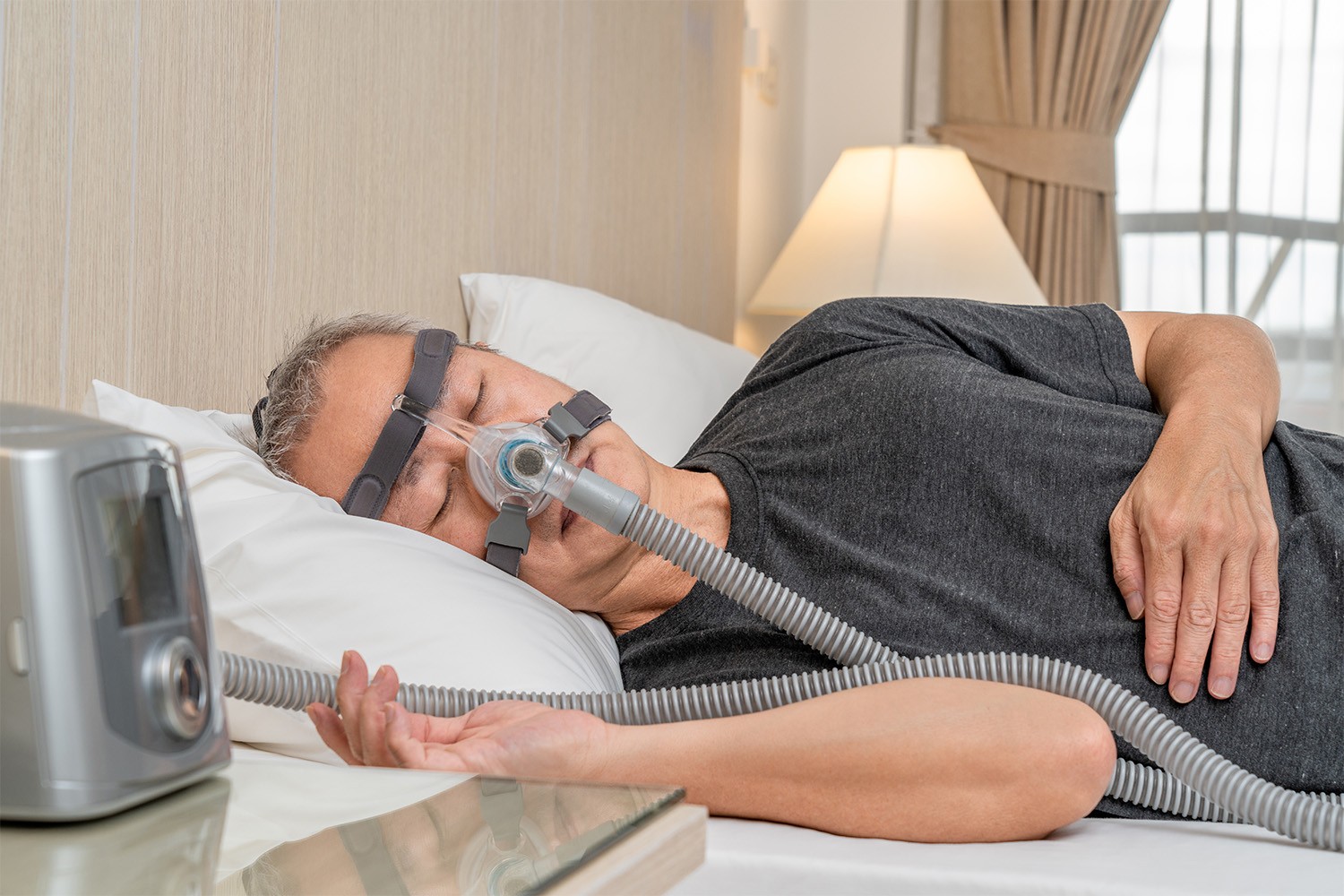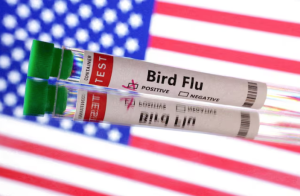Tinnitus, that persistent ringing, buzzing, or hissing sound in the ears, can be a truly debilitating experience. While its origins are often shrouded in mystery, recent research has shed light on a potential culprit: sleep apnea.
Sleep Apnea: A Silent Interrupter
Sleep apnea is a sleep disorder characterized by repeated pauses in breathing throughout the night. These pauses, often triggered by a blockage of the airway, can deprive the body of vital oxygen.

The Symphony of Disruption
The connection between sleep apnea and tinnitus appears to be multifaceted. Here’s how these two conditions might intertwine:
Oxygen Deprivation: When sleep apnea disrupts breathing, it can lead to a temporary drop in blood oxygen levels. This oxygen deprivation can damage the delicate structures of the inner ear, potentially triggering tinnitus.
Inflammation: The repeated episodes of oxygen deprivation associated with sleep apnea can also trigger inflammation in the body. This inflammation can affect the auditory system, contributing to the development of tinnitus.
Neurological Impact: Sleep apnea can disrupt sleep patterns and affect brain function. This can lead to changes in the auditory pathways of the brain, making individuals more susceptible to perceiving phantom sounds.
Stress and Anxiety: The chronic sleep disruption caused by sleep apnea can significantly increase stress and anxiety levels. These psychological factors can exacerbate tinnitus symptoms, making them more pronounced and distressing.
A Circle of Suffering
The relationship between sleep apnea and tinnitus can be a vicious cycle. Tinnitus can disrupt sleep, making sleep apnea worse, which in turn can worsen tinnitus. This cycle can significantly impact an individual’s quality of life, leading to fatigue, irritability, and difficulty concentrating.
Breaking the Silence: Treatment and Management
Fortunately, there are effective treatment options available for both sleep apnea and tinnitus.
Treating Sleep Apnea: Continuous Positive Airway Pressure (CPAP) therapy is the gold standard treatment for sleep apnea. CPAP devices deliver a steady stream of air to keep the airway open during sleep, ensuring adequate oxygenation.
Managing Tinnitus: While there is no cure for tinnitus, various strategies can help manage its symptoms. These include:
Sound Therapy: Using background sounds like white noise or nature sounds can help mask the tinnitus.
Cognitive Behavioral Therapy (CBT): CBT can help individuals develop coping mechanisms to reduce the emotional impact of tinnitus.
Tinnitus Retraining Therapy (TRT): TRT combines sound therapy with counseling to help the brain habituate to the tinnitus sound.
Conclusion
The connection between sleep apnea and tinnitus highlights the intricate interplay between various bodily systems. By addressing sleep apnea effectively, individuals can not only improve their overall health but also potentially alleviate the distressing symptoms of tinnitus. If you suspect you may have sleep apnea or are struggling with tinnitus, consult a healthcare professional for proper evaluation and treatment.







Be First to Comment